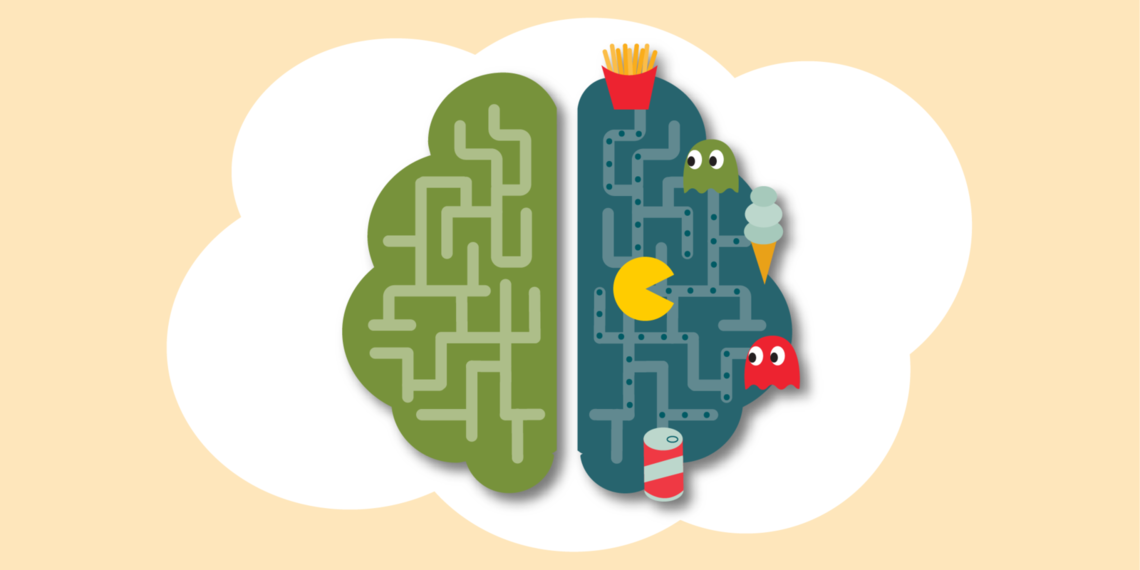The Psychology of Habits: Understanding and Changing Behavior
Welcome, fellow explorers, to the intriguing realm of the psychology of habits! Picture this: it's a brisk morning, and you reach for your phone even before your feet hit the ground. You check your notifications, brew a cup of coffee, and dive into the day's tasks with practised efficiency. What you may not realize is that each of these actions is governed by a complex interplay of neurological pathways, environmental cues, and past experiences—welcome to the world of habits!
In this journey, we'll delve deep into the essence of habits, understand what makes them tick, and explore how we can harness this knowledge to change our behaviours. So, buckle up as we embark on a fascinating voyage through the psychology of habits.
Defining Habits: The Building Blocks of Behavior
Let's start with the basics: what exactly are habits? At its core, a habit is a behaviour that we perform automatically, often without conscious thought. From brushing our teeth to scrolling through social media, habits shape a significant portion of our daily lives. But what sets habits apart from other behaviours?
One defining characteristic of habits is their automaticity—they're like mental shortcuts that allow us to conserve cognitive resources. Think of them as the brain's way of streamlining routine tasks, freeing up mental space for more complex endeavours. However, not all automatic behaviours are habits; they become habits when they're repeated consistently in a particular context.
Key Aspects of Habit Formation: The Habit Loop
Now that we have a grasp of what habits are, let's unravel the mechanics behind their formation. Enter the habit loop, a concept popularized by Charles Duhigg in his book "The Power of Habit." According to Duhigg, every habit consists of three components: cue, routine, and reward.
The cue serves as a trigger that prompts the behaviour, signalling to our brains that it's time to engage in the habit. It could be anything from a specific time of day to a particular location or emotional state. Once the cue is detected, we move into the routine—the actual behaviour itself. Finally, there's the reward, which reinforces the habit loop by providing a sense of pleasure or satisfaction.
Understanding this loop is crucial for unravelling the mysteries of habit formation and change. By identifying the cues that trigger our habits and the rewards that reinforce them, we can begin to intervene and reshape our behaviours.
Relevance of Habit Psychology: Navigating Everyday Life
You might be wondering, why bother delving into the intricacies of habit psychology? Well, the implications are far-reaching, touching upon various aspects of our personal and professional lives. Let's explore some key areas where understanding habits can make a profound difference:
1. Health and Wellness:
From sticking to an exercise routine to adopting healthier eating habits, understanding the psychology of habits can empower us to make positive changes in our lifestyle choices. By identifying the cues that lead to unhealthy behaviours and replacing them with healthier alternatives, we can pave the way for long-term well-being.
2. Productivity and Success:
Habits play a significant role in our productivity and success. By cultivating habits that promote focus, discipline, and goal-oriented behaviour, we can enhance our performance in various domains, whether it's at work, school, or personal projects. From establishing a morning routine to implementing time management strategies, habits can be powerful tools for achieving our aspirations.
3. Personal Development:
At the heart of habit psychology lies the potential for personal growth and self-improvement. By consciously shaping our habits, we can cultivate virtues such as resilience, empathy, and gratitude. Whether it's practising mindfulness meditation or journaling daily affirmations, habits can serve as vehicles for nurturing our best selves.
Real-Life Examples: From Procrastination to Productivity
To bring these concepts to life, let's explore a common challenge many of us face: procrastination. Picture this scenario: you have a looming deadline, but instead of tackling the task head-on, you find yourself mindlessly scrolling through social media or tidying up your workspace. Sound familiar?
In this scenario, the cue might be the feeling of overwhelm triggered by the impending deadline. The routine involves engaging in avoidance behaviours like scrolling through social media or organizing your desk. And the reward? Temporary relief from the discomfort of facing the task at hand.
But fear not, for there's hope on the horizon! By understanding the habit loop and applying targeted interventions, we can overcome procrastination and boost our productivity. For instance, we could experiment with breaking down the task into smaller, more manageable chunks (cue restructuring), rewarding ourselves after completing each segment (reward substitution) or creating a designated work environment free from distractions (cue elimination).
Conclusion: A Journey of Discovery
As we reach the end of our exploration into the psychology of habits, I invite you to reflect on the profound impact that habits have on our lives. From shaping our daily routines to influencing our long-term outcomes, habits are the invisible forces that shape our behaviour in profound ways. But knowledge is just the first step; true transformation requires action. Armed with insights from habit psychology, we have the power to rewrite the scripts of our lives, one habit at a time. So, whether you're looking to cultivate healthier habits, boost your productivity, or embark on a journey of personal growth, remember this: change begins with understanding and understanding begins with curiosity.
As you navigate the winding paths of habit formation and behaviour change, may you find courage in the face of adversity, resilience in the midst of setbacks, and joy in the journey of self-discovery. And remember dear reader, the adventure is just beginning—there's always more to learn, explore, and uncover in the fascinating world of the psychology of habits.







Comments
Post a Comment